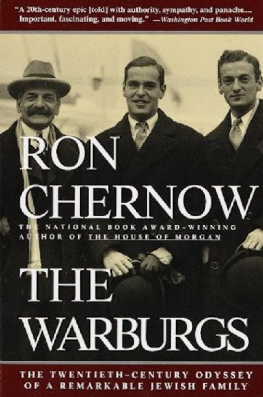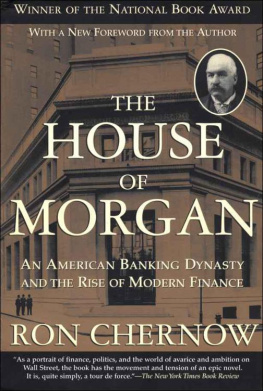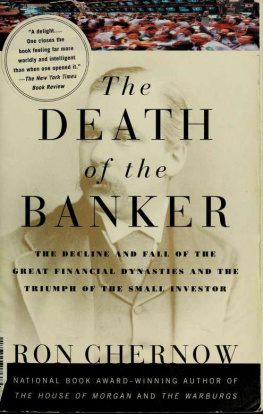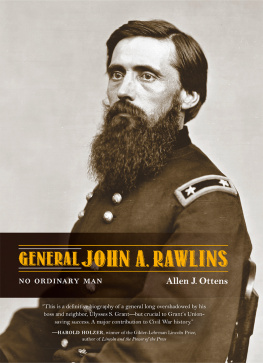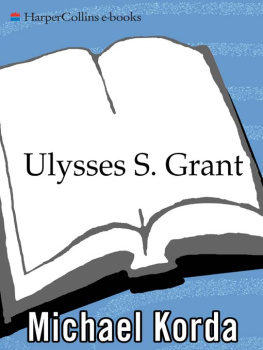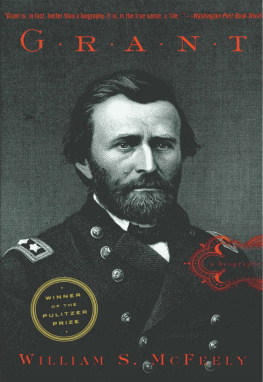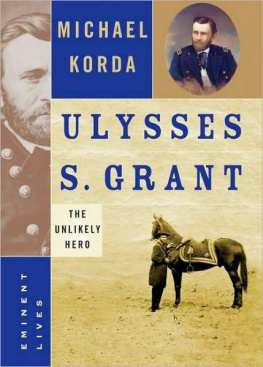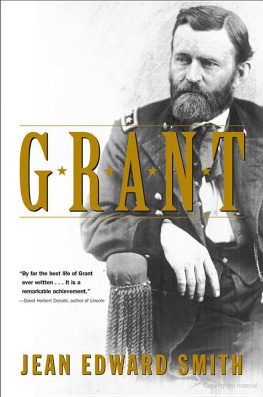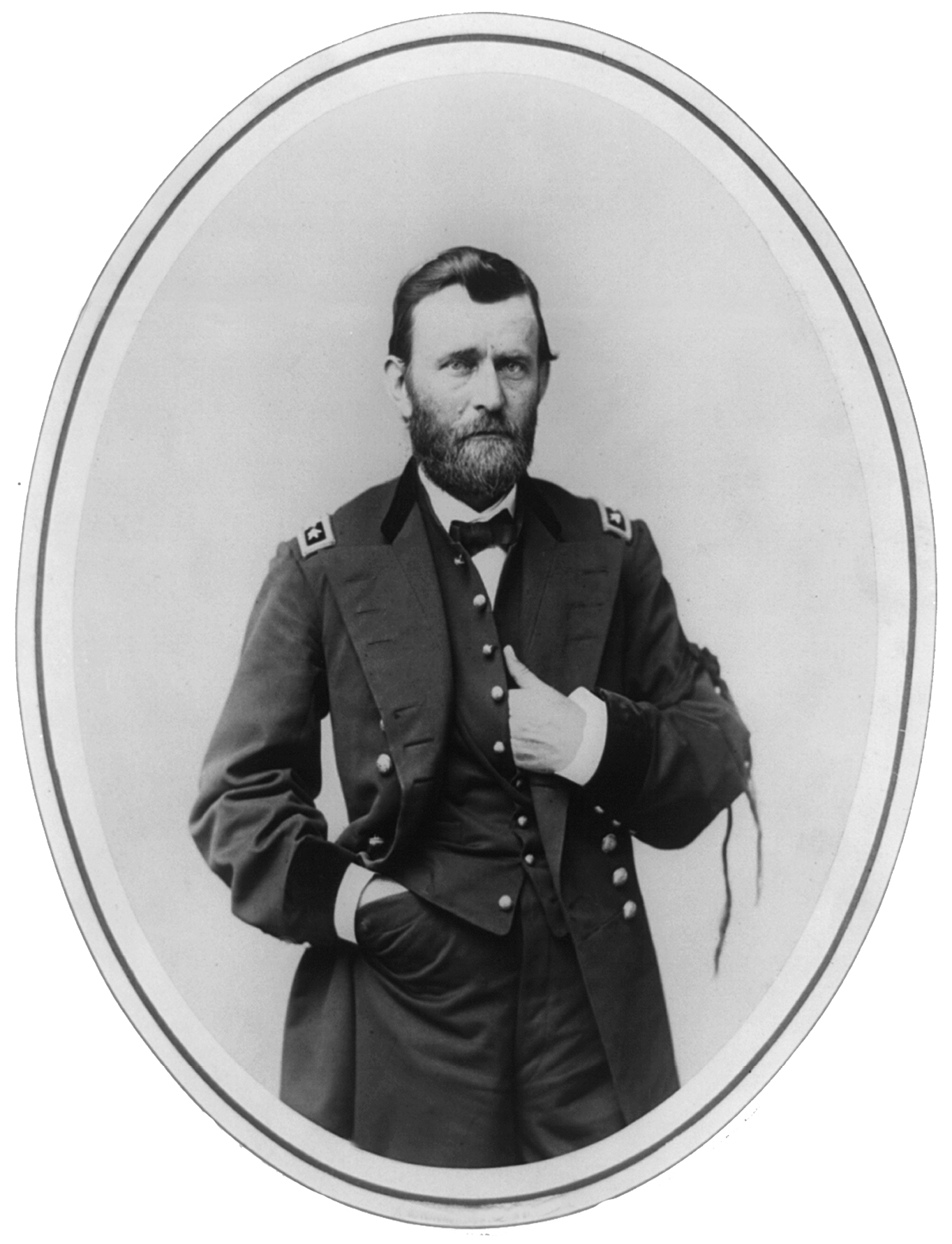ALSO BY RON CHERNOW
Washington: A Life
Alexander Hamilton
Titan: The Life of John D. Rockefeller, Sr.
The Death of the Banker: The Decline and Fall of the Great Financial Dynasties and the Triumph of the Small Investor
The Warburgs: The Twentieth-Century Odyssey of a Remarkable Jewish Family
The House of Morgan: An American Banking Dynasty and the Rise of Modern Finance
PENGUIN PRESS
An imprint of Penguin Random House LLC
375 Hudson Street
New York, New York 10014
penguin.com

Copyright 2017 by Ron Chernow
Penguin supports copyright. Copyright fuels creativity, encourages diverse voices, promotes free speech, and creates a vibrant culture. Thank you for buying an authorized edition of this book and for complying with copyright laws by not reproducing, scanning, or distributing any part of it in any form without permission. You are supporting writers and allowing Penguin to continue to publish books for every reader.
Maps by Jeffrey L. Ward
Illustration credits appear .
LIBRARY OF CONGRESS CATALO GING-IN-PUBLICATION DATA
Names: Chernow, Ron, author.
Title: Grant / Ron Chernow.
Description: New York : Penguin Press, 2017.
Identifiers: LCCN 2017025263 (print) | LCCN 2017027493 (ebook) | ISBN 9780525521952 (ebook) | ISBN 9781594204876 (hardback)
Subjects: LCSH: Grant, Ulysses S. (Ulysses Simpson), 18221885. | PresidentsUnited StatesBiography. | GeneralsUnited StatesBiography. | United States. ArmyBiography . | BISAC: BIOGRAPHY & AUTOBIOGRAPHY / Presidents & Heads of State. | HISTORY / United States / Civil War Period (18501877). | BIOGRAPHY & AUTOBIOGRAPHY / Military.
Classification: LCC E672 (ebook) | LCC E672 .C47 2017 (print) | DDC 973.8/2092 [B]dc23
LC record available at https://lccn.loc.gov/2017025263
While the author has made every effort to provide accurate Internet addresses and other contact information at the time of publication, neither the publisher nor the author assumes any responsibility for errors or for changes that occur after publication. Further, the publisher does not have any control over and does not assume any responsibility for author or third-party Web sites or their content.
Version_1
To my loyal readers,
who have soldiered on through my lengthy sagas
What a man he is! what a history! what an illustrationhis lifeof the capacities of that American individuality common to us all. Cynical critics are wondering what the people can see in Grant to make such a hubbub about. They aver... that he has hardly the average of our days literary and scholastic culture, and absolutely no pronouncd genius or conventional eminence of any sort. Correct: but he proves how an average western farmer, mechanic, boatman, carried by tides of circumstances, perhaps caprices, into a position of incredible military or civil responsibilities... may steer his way fitly and steadily through them all, carrying the country and himself with credit year after yearcommand over a million armed menfight more than fifty pitchd battlesrule for eight years a land larger than all the kingdoms of Europe combinedand then, retiring, quietly (with a cigar in his mouth) make the promenade of the whole world, through its courts and coteries, and kings and czars and mikados... as phlegmatically as he ever walkd the portico of a Missouri hotel after dinner... Seems to me it transcends Plutarch. How those old Greeks, indeed, would have seized on him! A mere plain manno art, no poetry... A common trader, money-maker, tanner, farmer of Illinoisgeneral for the republic... in the war of attempted secessionPresident following, (a task of peace, more difficult than the war itself)nothing heroic, as the authorities put itand yet the greatest hero. The gods, the destinies, seem to have concentrated upon him.
W ALT W HITMAN , Specimen Days
CONTENTS
AUTHORS NOTE
Since Ulysses S. Grants spelling could border on the eccentric, I have taken the liberty of correcting that and his punctuation and capitalization throughout the book for the sake of smoother reading and easier comprehension. I have done the same with private letters of other figures in the book, except in those cases where I think that defective writing tells a significant tale about the author.
INTRODUCTION
The Sphinx Talks
E VEN AS OTHER CIVIL WAR generals rushed to publish their memoirs, flaunting their conquests and cashing in on their celebrity, Ulysses S. Grant refused to trumpet his accomplishments in print. The son of an incorrigible small-town braggart, the unassuming general and two-time president harbored a lifelong aversion to boasting. He was content to march to his grave in dignified silence, letting his extraordinary wartime record speak for itself.
Then, at the close of 1883, fate dealt him a series of progressively more savage blows that shattered this high-minded resolve. Returning to his Manhattan town house on Christmas Eve, Grant, sixty-one, pivoted to hand the driver a holiday tip when he slipped on the icy pavement and crashed to the ground, tearing a thigh muscle and possibly fracturing his hip. Until then a robust man, he crumpled over in excruciating pain and was hoisted up the steps by servants. Through anxious winter weeks, he remained bedridden or hobbled about on crutches. Before long, his discomfort intensified with the agonizing onset of pleurisy, coupled with severe rheumatism that crept up his legs, making it difficult for him to negotiate the familiar rooms.
Still worse lay in store. Several years earlier, Grant had entered into a promising partnership, christened Grant & Ward, with twenty-nine-year-old Ferdinand Ward, touted as the Young Napoleon of Finance. Thanks to his colleagues financial wizardry, Grant seemed to coast on a tide of easy riches, fancying himself a newly minted millionaire. Then, one morning in early May 1884, he awoke to discover that Ward had manufactured the profits from thin air, the whole scheme was a colossal fraud, and he was ruined along with friends and family members who had entrusted their life savings to the firm. Abruptly Grant was thrust back into his early years of hardship at lonely frontier garrisons, on his unprofitable farm in St. Louis, and at his fathers leather goods emporium in Galena, Illinoisplaces where he was branded an economic failure. Now, to scrape by and pay household bills, he had to endure the degradation of accepting money sent by total strangers as acts of charity.
At this point, Grant was seized by more than a desperate need to earn ready cash: he had to cast off the stigma of failure and reclaim his stature before the public and posterity. As his longtime friend William Tecumseh Sherman observed, he had lost everything, and more in reputation.
That June, at his rambling seaside cottage in Long Branch, New Jersey, Grant experienced a strange sensation that foreshadowed another grave problem. His wife, Julia, served him a plate of delicious peaches on the table, but as he swallowed one, he stopped and winced. Oh my, he said, I think something has stung me from that peach. He sprang from his chair, strode the porch in distress, then rinsed out his throat, to no avail. He was in great pain and said water hurt like fire, Julia recalled. Throughout the summer, Grant, who had once smoked twenty cigars a day, was vexed by a baffling sore throat that never faded. Although Julia begged him to see a physician, he procrastinated for months; this man who was so intrepid on the battlefield seemed to dread the looming diagnosis. When at last he consulted his Manhattan doctor in October, he received grim tidings: a mass on his throat and tongue was epithelial in charactercode language for cancer. To worsen matters, he was afflicted by painful neuralgia and had three large teeth extracted. All the while, he limped about from the Christmas Eve mishap.


